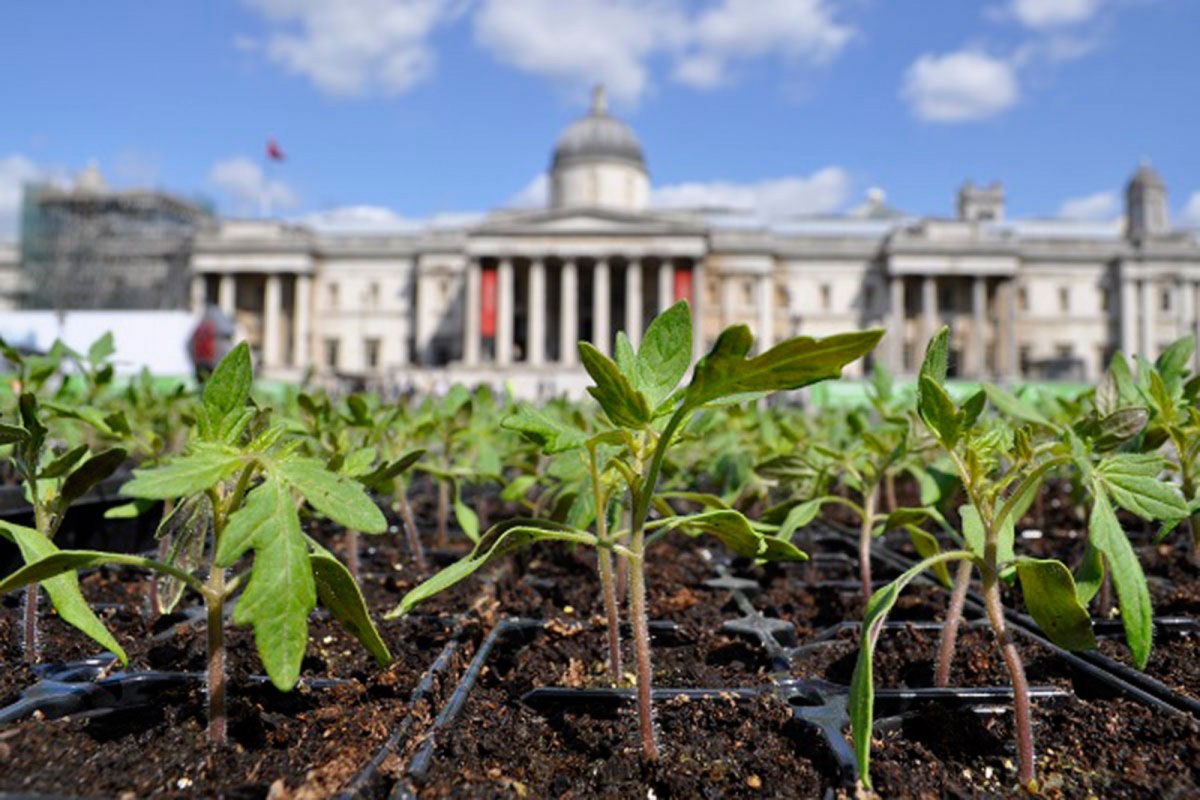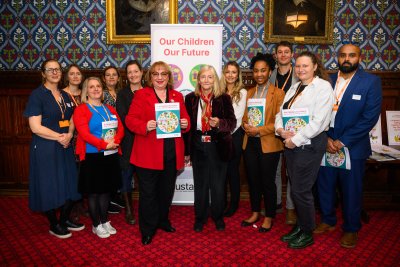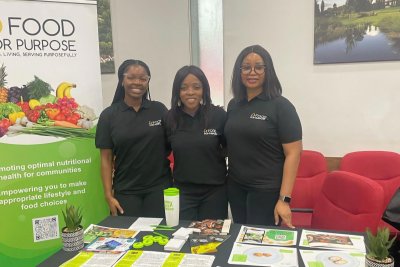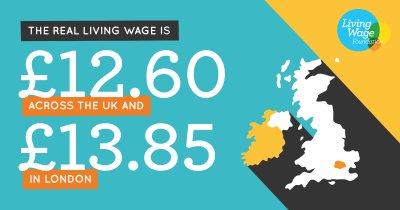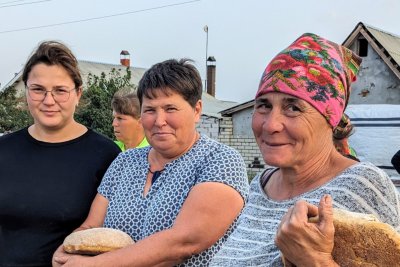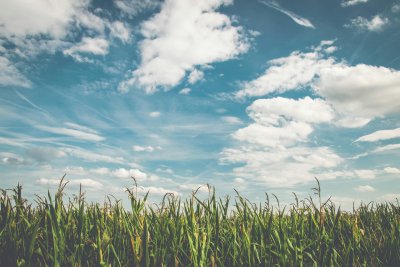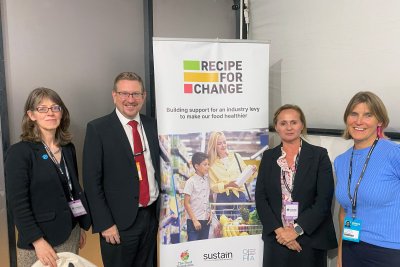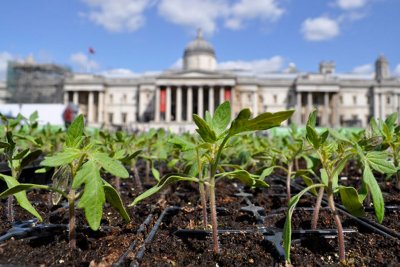 Trafalgar Square. Credit: Sustain
Trafalgar Square. Credit: Sustain
Enhancing the Resilience of London’s Food Systems, a new report from Oxford University’s Environmental Change Institute (ECI) and commissioned by the Greater London Authority (GLA), brings together a wide range of stakeholder views and recommended action to build more resilient food systems for London. Sustain also advised on the project and supported the involvement of a panel of external stakeholders.
What is food resilience?
During the pandemic, we have increasingly been hearing, and using, the term resilience and working alongside local partners to think through how a focus on resilience may help us shape a better, fairer food system. The research process helpfully brought out a range of different perspectives on what food resilience could be. The researchers challenged us to decide the scope of the project and we decided to scope the project in this way:
-
Resilience of what? - Food for groups at greater risk of food insecurity in London.
-
Resilience from whose perspective? - People at high risk to shocks and stresses because of low coping mechanisms that need particular attention
-
Resilience to what? - Shocks and stresses were prioritised according to the levers available to the London Mayor, the GLA, and partners to affect or influence change.
-
Resilience over what time frame? - Both short and longer term.
Applying the ‘three Rs’ to build London’s food resilience
Given the complex nature of the 21st century food system, the research team helped us to categorise suggested actions according to the ‘three Rs’ framework on resilience building:
- Building robustness to withstand disruptions to the current food system. For example, by developing more localised supply chains, increasing local storage and handling capacity and increasing peri-urban farming.
- Supporting easier recovery to bounce back from disruptions. For example, by supporting cooperative approaches and promoting alternative foods.
- Fostering re-orientation of the existing food system to a new food system. For example, by fostering dynamic local procurement systems and mainstreaming community wealth building into the capital’s food system.
“There are so many opportunities to work towards a more resilient food system in London, but this report helpfully categorises actions to help us understand the role we can play to support food producers and the supply chain within the current food system, as well as build a better and more inclusive alternative.”
Hannah Crump, London Food Link
Leading from City Hall
The GLA has a strong track record of leadership on fostering a fairer, more sustainable food system. Crucially, the report concludes that City Hall should continue ‘to take a leadership and coordination role to bring together stakeholders, using a clear process to derive strategic, implementable recommendations.’ This ongoing leadership will require a joined-up approach from the different GLA departments, including social policy environment, health and strategy, that now lead on different aspects of food-related policy and programmes across City Hall.
“This report provides us all with a suite of actions to ensure that all Londoners can thrive as part of London’s recovery from Covid-19. We look forward to working with the Mayor and his team to build a fairer London.”
Sarah Williams, Programmes Director, Sustain
A role for London councils
Alongside the GLA’s strategic role, we do need to see concerted action from across London’s councils. Many councils have played such a powerful role to address food insecurity during the pandemic and we strongly urge councils to build resilience for the longer term. Many councils have played active roles in local food partnerships and food poverty alliances to respond to food insecurity during the pandemic; this partnership working should play a key part in a drive for greater resilience. The Boroughs Food Group, a very active forum of council officers and community organisations convened by the GLA, should also play a vital role in informing GLA action and fostering partnership working between City Hall and London boroughs.
“Sustain's forthcoming Good Food for All Londoners report will set out a number of actions for London councils and their partners to increase the resilience of London’s food system, particularly for those at most risk of food insecurity. We look forward to working with councils, food partnerships and food poverty alliances as they take action for local residents.”
Rakhee Lahiri Westwood, London Food Poverty Campaign, Sustain
A suite of actions, rather than one silver bullet
The research is clear that there is not a single silver bullet for building a more resilient food system, but it does set out a clear methodology to foster a shared understanding of food resilience and the different actions we can take to work towards it. As Londoners’ incomes are put under increasing pressure by increases to cost of living, this is an increasingly important agenda.
London Food Link: London Food Link brings together community food enterprises and projects that are working to make good food accessible to everyone in London to help create a healthy, sustainable and ethical food system for all.
Sustain
The Green House
244-254 Cambridge Heath Road
London E2 9DA
020 3559 6777
sustain@sustainweb.org
Sustain advocates food and agriculture policies and practices that enhance the health and welfare of people and animals, improve the working and living environment, promote equity and enrich society and culture.
© Sustain 2024
Registered charity (no. 1018643)
Data privacy & cookies
Icons by Icons8
